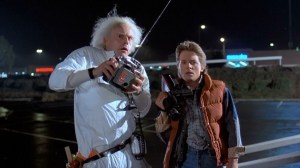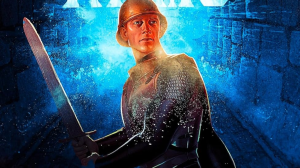Anything is on the table when walking into a theater to watch a science fiction movie. The “fiction” part of the equation means the story likely won’t be grounded in reality, and it’s up to the creative team to explain how the impossible becomes possible. James Cameron’s Avatar does a great job of setting the stage for its adventure, revealing that humanity takes to the stars to search for a new mineral that will help life back home. The Na’vi, of course, aren’t happy about their resources being stolen, so they fight back. It’s a tale as old as time, but not every sci-fi movie keeps things simple.
Videos by ComicBook.com
There are numerous sci-fi movies that are hard to follow, and more often than not, the masses forget them, choosing to highlight films that make a real impact. But being considered great doesn’t necessarily mean a movie’s story is air-tight. Here are five masterpiece sci-fi movies that don’t really make much sense.
5) Interstellar
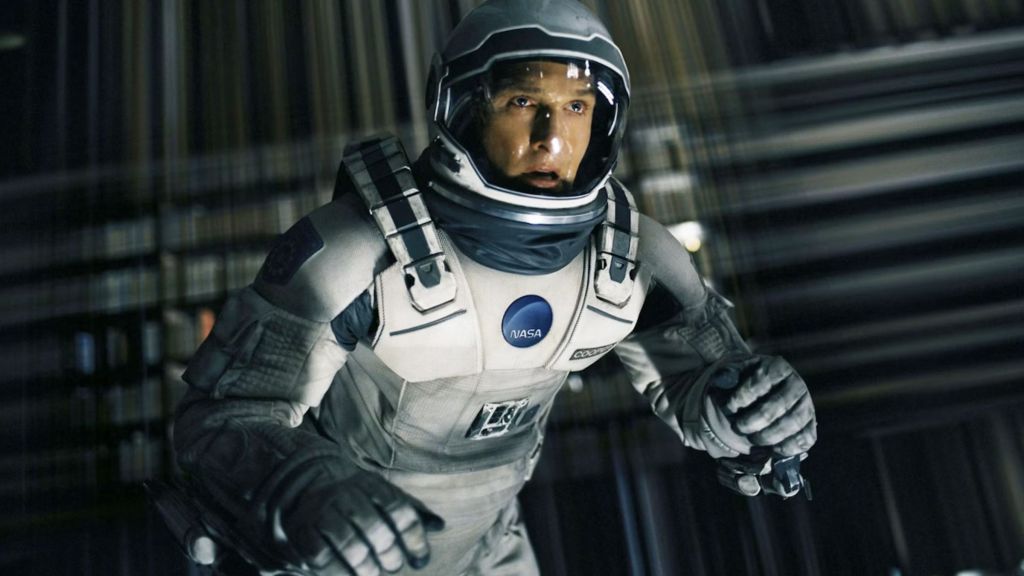
Christopher Nolan will never hold his audience’s hand, wanting anyone who watches his films to come to their own conclusions. On paper, Interstellar doesn’t seem like a movie that will challenge the brain. The Earth is on its last legs, and a group of scientists wants to save it. Once Cooper gets into space, though, the movie takes a strange turn, leading its characters into a fifth dimension created by humanity in the future. The heart of Interstellar‘s story makes it easy to forget how confusing things get.
4) Tenet
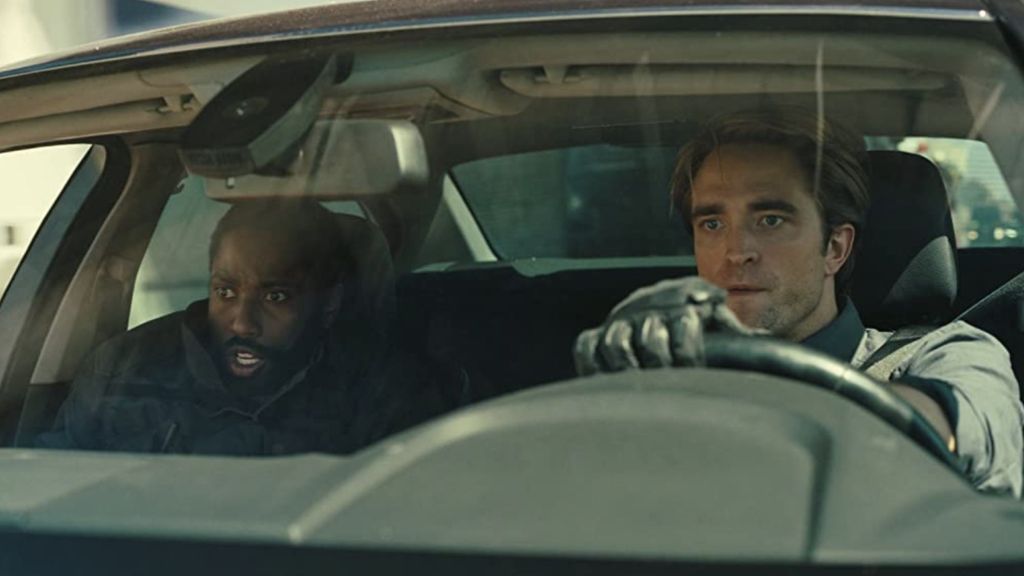
Nolan doubles down with his 2020 sci-fi film Tenet, which follows a protagonist recruited by an organization that grants him the power to travel backward in time. At first, it’s easy to follow what John David Washington’s character is doing, but once Robert Pattinson’s Neil shows up and reveals more about himself, things get out of hand. Focusing on keeping the Algorithm out of the wrong hands, Tenet‘s ending, especially, is a head-scratcher that feels like an all-timer, but it could go either way.
3) Everything Everywhere All At Once

The sci-fi element of Everything Everywhere All At Once isn’t as crucial as its themes of love and acceptance. After all, at the end of the day, Quan Wang just needs to be a shoulder for her daughter, Joy, to cry on. However, it’s hard to ignore all the universe-hopping in the movie, which leads to characters with hot dogs for fingers popping up on-screen. Everything Everywhere All At Once doesn’t delve too deeply into the science of its technology, and maybe that’s for the best.
2) Donnie Darko
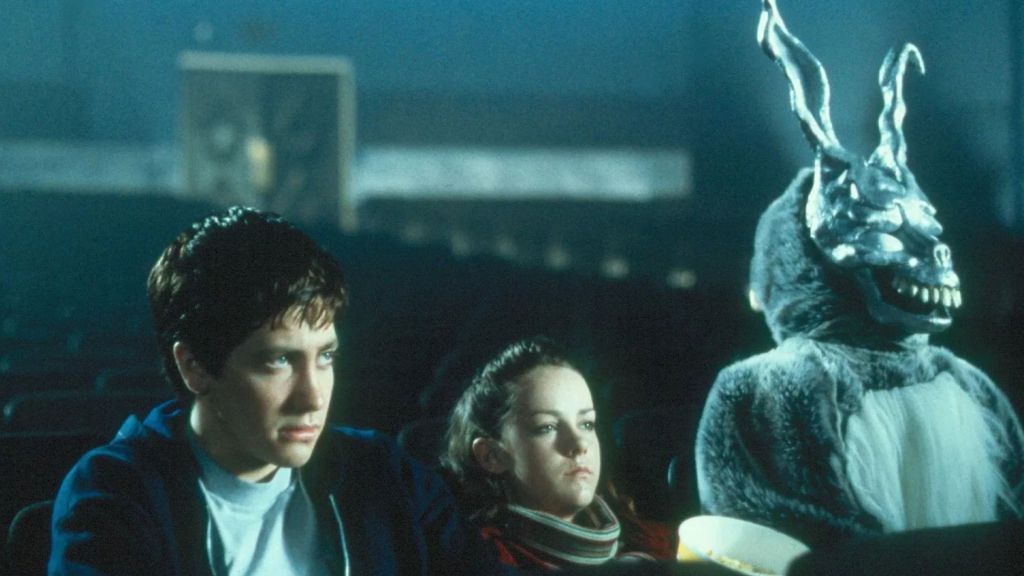
Like a lot of great sci-fi films, Donnie Darko doesn’t tie every loose end by the time the credits roll. The titular character goes on a really strange journey that involves sleepwalking, time travel, and a person in a rabbit costume named Frank. It feels like Donnie Darko intentionally wants to confuse its audience, never letting the story breathe. However, it’s still in the masterpiece category because of its uniqueness and a masterful performance from a young Jake Gyllenhaal.
1) 2001: A Space Odyssey
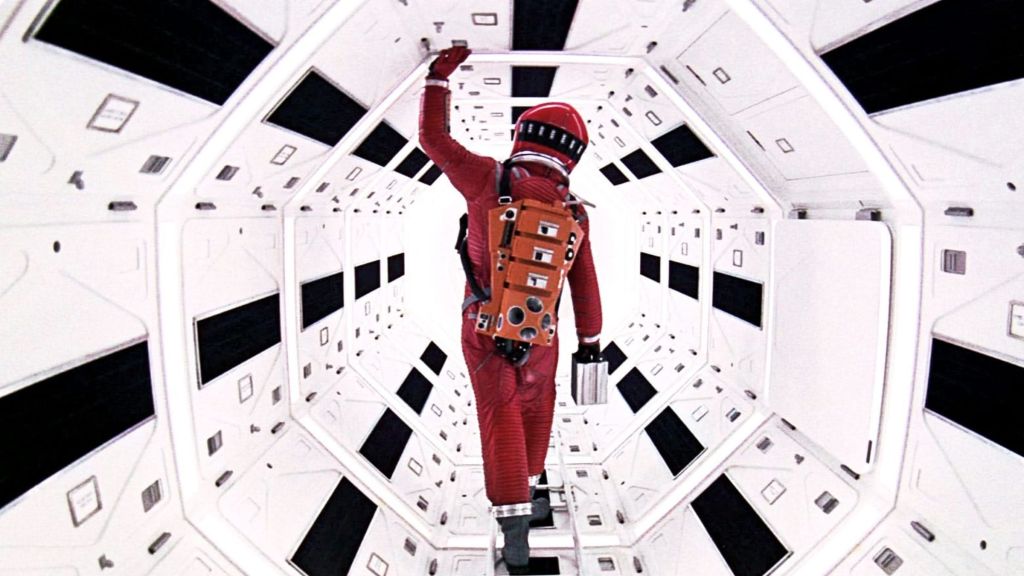
Just about every list about great sci-fi movies reserves a spot for 2001: A Space Odyssey. Stanley Kubrick’s magnum opus sends a group of scientists and astronauts to investigate an alien monolith, and what they find changes them forever. The imagery in 2001 is hard to follow, especially when the giant baby shows up on screen, but there’s so much good in it that it’s easy to overlook the confusing aspects. 2001 is the reason the adage, “It’s about the journey, not the destination,” exists.
What do you think? Leave a comment below and join the conversation now in the ComicBook Forum!

